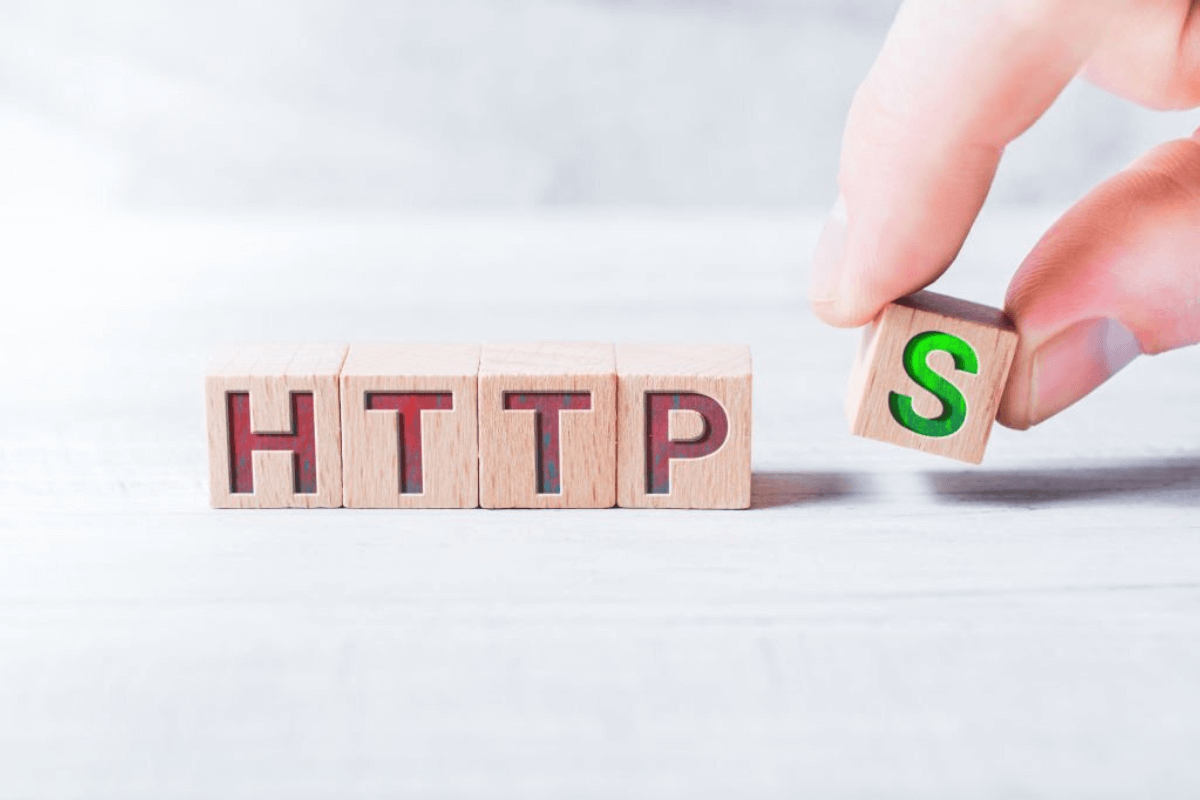The Ethics of Transcription Services: Balancing Accuracy and Privacy
Discover the ethical considerations when it comes to transcription services. From privacy concerns to ensuring accuracy, our guide will show you how to balance these important factors when selecting a transcription provider. Learn more about transcription ethics now.
Transcription services are essential to how we interact and conduct business in the modern world. They make it simpler to save and access information by enabling us to transform audio and video recordings into written text. Hence, businesses can use transcription to reach a wider audience. Similarly, courts, doctors, and lecturers rely on creating these records to store crucial information to review at a later date.
However, the continued use of transcripts in different sectors of life comes with crucial ethical concerns. Privacy and accuracy-related issues are the main ones that spring to mind when using transcription services. Here, we'll share some valuable insights into how professional transcription service providers such as GoTranscript balance accuracy and privacy in their line of work.
Accuracy in Transcription Services
One of the most crucial aspects of transcription services is accuracy. Transcribing spoken words into a written form with high precision is the main aim of this process. Whether the purpose of the transcription is research, a court case, or a business meeting, its quality greatly impacts the outcome. An inaccurate transcription can cause problems such as creating misleading court records or passing the wrong information to buyers. Inaccurate transcripts misrepresent information and mislead the readers.
One way of ensuring accuracy is by guaranteeing a transcriber has excellent listening skills. This aspect helps them decipher words, even when the speaker has a heavy accent or whenever there's crosstalk with other speakers.
Transcription service providers must vet and adequately train their transcribers to generate accurate transcriptions. Doing this calls for a solid command of language, grammar, and context from transcriptionists. Also, they must be knowledgeable in the subject to guarantee accurate transcription of jargon and technical phrases.
The transcriptions' editing and proofreading is also another vital step. It is important to implement regular quality assurance checks. Doing so ensures the transcription accurately represents the audio or video recording.
Why Privacy Matters
Another ethical consideration with transcription services is privacy. Audio and video recordings may often include private information, proprietary corporate data, or privileged legal knowledge. If such sensitive information leaks to the public, it can have unprecedented effects on the individual or business seeking transcription services. Therefore, verifying that the transcription service provider has procedures in place to safeguard the recordings' confidentiality and privacy is crucial.
Having stringent confidentiality guidelines is paramount to maintaining the privacy of clients. To ensure this, the service provider could include a secure file distribution and storage platform and confidentiality agreements with transcriptionists. Providers of transcription services should also take precautions to avoid unwanted access to recordings, such as limiting user access to files and encrypting sensitive data.
These steps ensure unauthorized individuals do not access confidential information in audio and video files. Nevertheless, one should conduct due diligence and ensure the transcription service provider has proper systems in place to safeguard privacy.
Keeping Privacy and Accuracy in Check
Although it might be difficult, maintaining a balance between accuracy and privacy in transcription services is crucial. Doing so makes the transcription service ethical. Using a transcription service provider with robust privacy standards and qualified transcribers who can guarantee the correctness of the transcription is one method to achieve this balance.
Limiting the use of transcription services to recordings that don't contain sensitive information is another option to strike a compromise between accuracy and privacy. Editing recordings to remove private information before submitting them for transcription can help to achieve this. While weighing accuracy and privacy, it is also crucial to consider the intended use of the transcriptions. For instance, transcripts used for studies might need to be more precise than those used for public reference. In this case, providers will need to utilize more seasoned transcribers to ensure accuracy in this situation.
Transcription service providers can use human work to balance privacy and accuracy. For instance, automated speech recognition software can swiftly transcribe recordings, but it might not be as trustworthy or precise as human transcribers. To reach the required level of accuracy in this situation, service providers should lend more toward human transcription services.
Partnering with a company that employs humans to do their conversion work frequently results in unmatched accuracy. So long as the company makes their transcribers sign NDAs, you can rest easy in knowing your information will be sure in their hands.
Conclusion
Transcription services can facilitate turning audio or video recordings into written text. However, when utilizing these services, you should take into mind all the ethical considerations that come with them. Transcription service providers are responsible for ensuring their transcribers' proper vet and training to create accurate results. At the same time, procedures must safeguard the confidentiality and privacy of your recordings.
GoTranscript ensures that they have only professional transcriptionists on their team. They also have stringent measures to protect the privacy of all clients. This way, they can uphold their work, and the worth of transcription services can be realized by striking a balance between accuracy and privacy. Visit gotranscript for accurate and secure transcription services today!

Subscribe & get all related Blog notification.





Post your comment